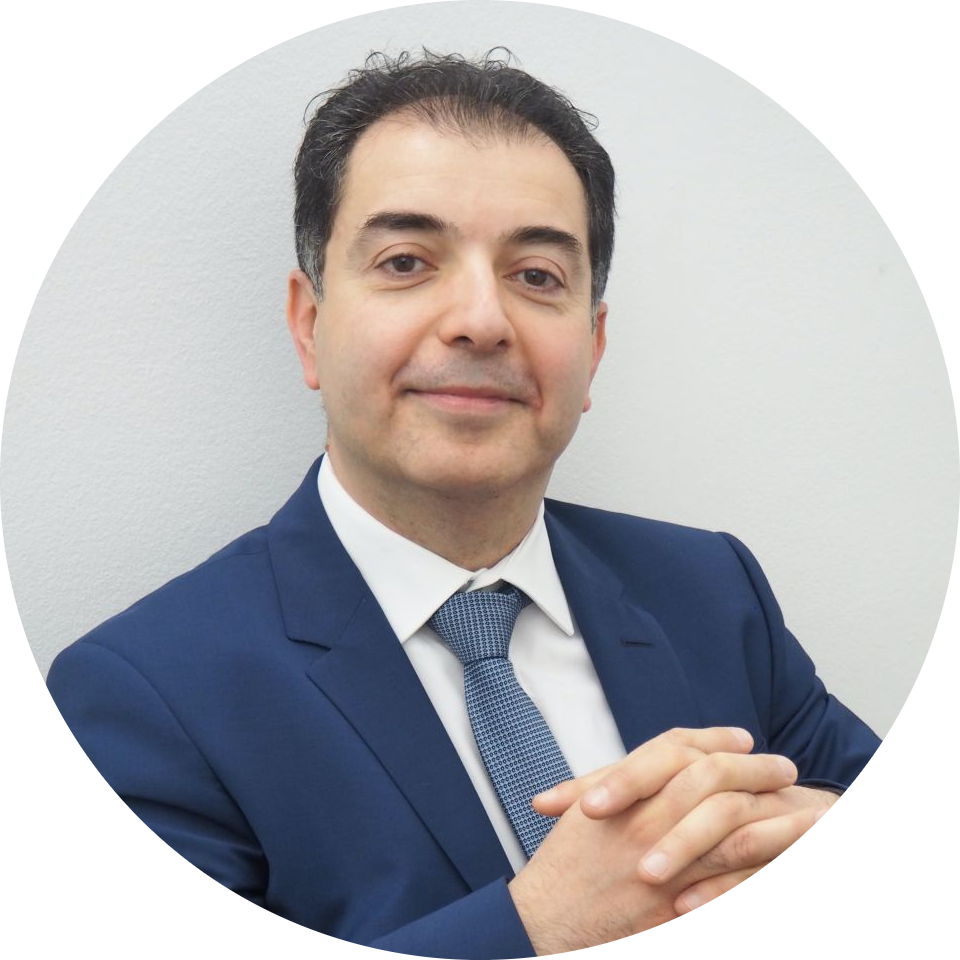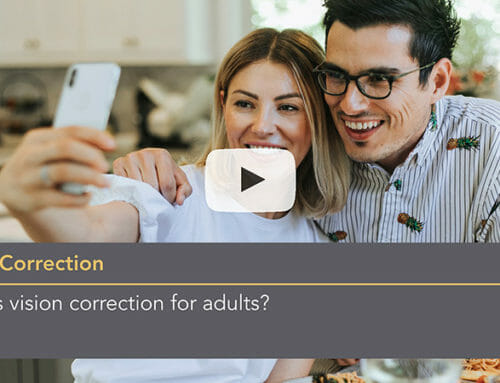
What Is Presbyopia?
Presbyopia is a very common eye condition that is a natural part of the ageing process. As you age, your vision changes, this is due to the natural changes in the lens of the eye. Presbyopia is the loss of near focusing ability, where you become less able to focus on objects that are up close.
Most people begin to notice the effects of presbyopia in their 40s.
The first noticeable symptoms of presbyopia may include, loss of the ability to read fine print in text, difficulty reading text messages, issues seeing objects that are close to you, eyestrain and headaches. Individuals with presbyopia may also experience blurred vision and eye strain when looking at an object up close.
Where does presbyopia come from?
The lens is usually flexible with the ability to adjust and change shape. This is known as ‘accommodation’. The accommodation reflex is an adjustment of the eye for near vision. This process enables the eye to refocus images with clarity back onto the retina. Individuals with presbyopia may have difficulties in refocusing images that are up close.
Presbyopia is a gradual thickening and loss of flexibility of the eye’s natural lens. These age-related changes occur within the crystalline proteins of the lens; causing the lens to lose elasticity over time and harden. Age-related changes also take place in the muscle fibres surrounding the lens. With less elasticity, it gets difficult for the eyes to focus on close objects.
What is the treatment for presbyopia?
Treatments for presbyopia include reading glasses, lenses or refractive surgeries. Corrective glasses or contact lenses, undergoing refractive surgery, or getting lens implants for presbyopia are all options that may be considered.
It is generally possible to correct presbyopia using reading glasses. Eyeglasses are the simplest and safest means of correcting presbyopia.
At the first symptoms of presbyopia, it is important to visit your ophthalmologist for a comprehensive eye exam. They will be best able to assess your eyes and advise of the best course of treatment.

About the expert
Mr Hamada | Consultant Ophthalmologist and Corneal Surgeon
MD, MSc, DO (hons), FRCSEd, FRCOphth I am Samer, founder and consultant ophthalmic surgeon with over 20 years’ experience in ophthalmology. I am a world-renowned specialist in cornea, cataract and refractive surgery. I’m not only a leading surgeon but also the only dual fellowship trained in corneal diseases in children from reputable institutions in the UK. At Eye Clinic London I work closely with other consultant ophthalmologists, optometrists and orthoptists to achieve the best outcomes for our patients. Our main aim is to make sure our patients get the safest and best treatments available to them. We put your safety before anything else so you can rest assured that if you choose us you will be in the best and safest hands.


